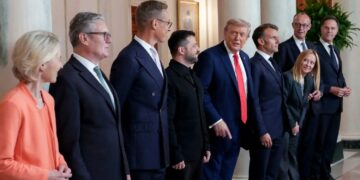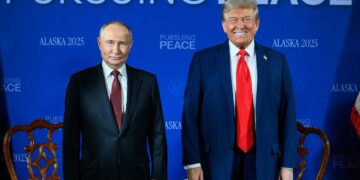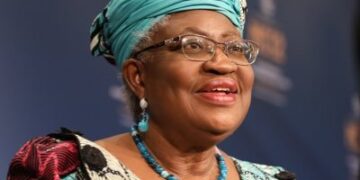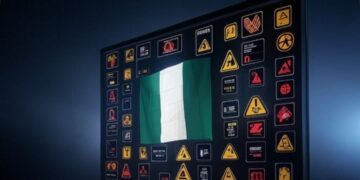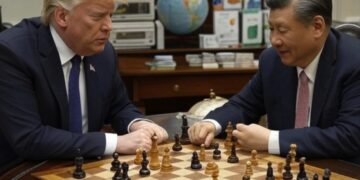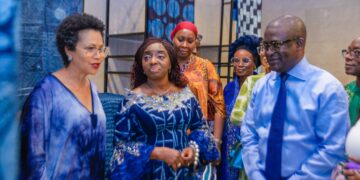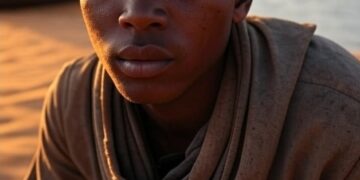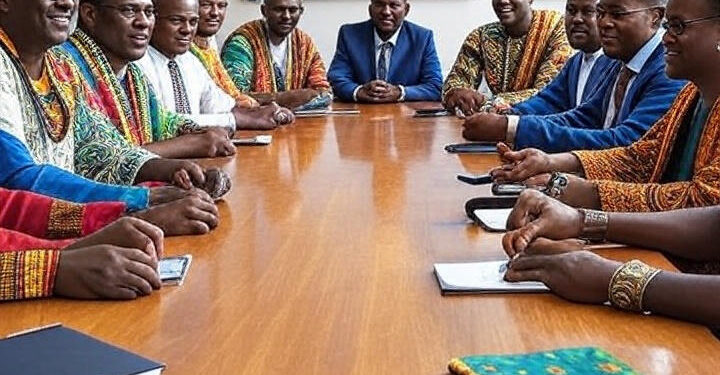As a Zambian, I pay $20 to cross into the Democratic Republic of Congo (DRC), while a Belgian citizen strolls in for free. Conversely, a DRC citizen pays $20 to enter Zambia, but a British citizen faces no such fee. This perplexing reality within the Southern African Development Community (SADC) reveals a deeper issue: African neighbors are charging each other to cross borders, while Europeans move freely. Why do we, as Africans, erect barriers among ourselves while rolling out the red carpet for others?
The SADC, founded on principles of regional integration and cooperation, should foster seamless movement among its member states. Yet, the DRC stands alone as the only SADC nation requiring visas from fellow SADC citizens, a policy that isolates it from the spirit of regional unity. Even more puzzling, DRC citizens face reciprocal visa fees when entering other SADC countries, except for Zimbabwe and, recently, Tanzania through East African Community agreements. The question lingers: why does this anomaly persist?
The DRC’s visa policy is often attributed to a desire to control influxes, protecting its resource-rich economy from being overwhelmed. Yet, this isolationist stance seems counterproductive when SADC nations, including Zambia, consistently support the DRC in combating rebel groups. The irony is stark—SADC countries rally to stabilize the DRC yet face financial penalties to visit it. This contradiction fuels a broader narrative: the status quo in the DRC, marked by conflict and resource exploitation, benefits a select elite and external powers, leaving ordinary Africans divided.
Zambia, known for its peaceful disposition, exemplifies a different approach. We elect our leaders, hold them accountable, and rarely contribute to regional instability. As one Zambian proudly noted, “You’ll never see us causing problems in other countries.” Yet, even Zambia’s goodwill is tested by a regional system that pits Africans against each other. The visa fees symbolize a deeper malaise—a colonial hangover that equates whiteness with wealth and blackness with poverty. A European visitor in Lusaka shared a telling anecdote: his Zambian girlfriend admitted locals charge him more because he’s white, revealing a mindset that assumes foreigners bring more economic value. This mentality, embedded in our leaders’ policies, prioritizes external actors over African neighbors.
The roots of this division trace back to colonial tactics that sowed distrust and competition among Africans. While the “installers” of this crab mentality may have left, their legacy endures in leaders who perpetuate these divisive systems. As one frustrated observer put it, “We’re our own problem now.” Xenophobia in places like South Africa—where Africans face hostility while Europeans are embraced—further illustrates this self-inflicted wound. African unity remains a mirage until we dismantle these mental shackles.
The solution lies in bold, African-centered leadership. Visa-free travel within SADC is not just a policy change; it’s a declaration of trust in our shared future. Free movement would boost trade, tourism, and cultural exchange, strengthening the region’s economic and social fabric. For instance, a Zambian trader could freely explore markets in the DRC, while a Congolese entrepreneur could invest in Lusaka without bureaucratic hurdles. Data from the African Union shows intra-African trade accounts for only 15% of the continent’s total trade—far below Europe’s 70% intra-regional trade. Visa barriers are a key culprit.
To stakeholders, the message is clear: Africa’s potential lies in unity, not division. Our leaders must shed colonial lenses and view Africa through African eyes. By abolishing visa fees within SADC, we can break the cycle of mistrust and build bridges for collaboration. Zambia, with its history of stability and goodwill, can lead this charge. Let’s challenge the status quo, reject the greed and division of the past, and forge a future where Africans move freely, trade boldly, and thrive together. The time to uninstall the colonial mindset is now—our continent’s prosperity depends on it.





